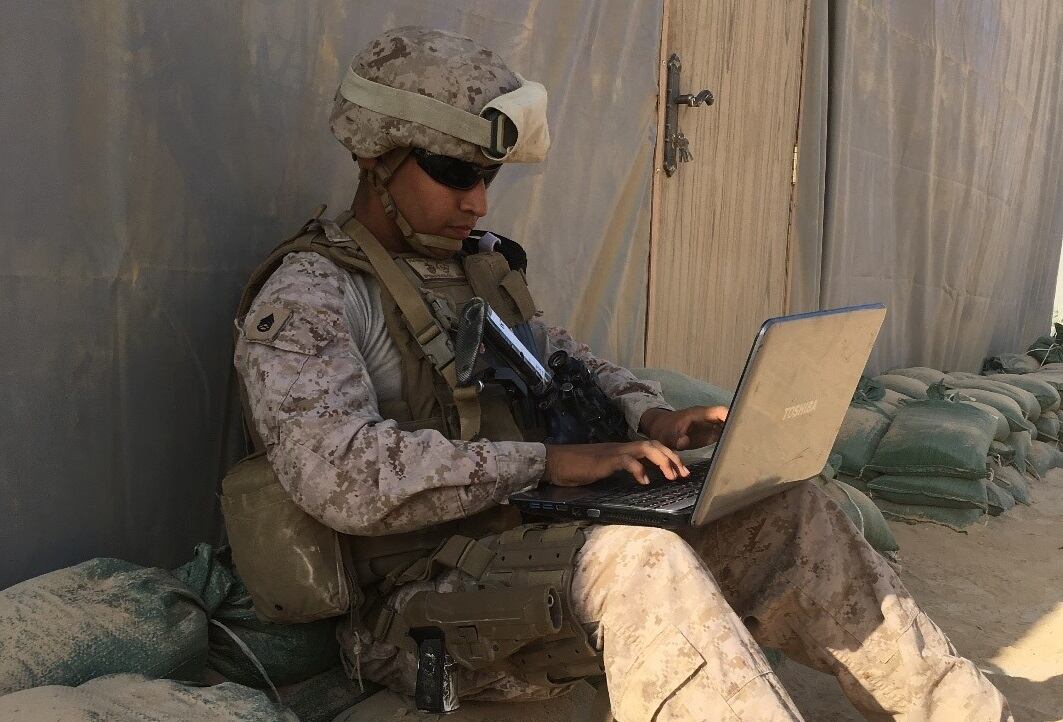Force fitness also plays an important role in the Marine Corps’ ability to retain troops — even if it’s just through their initial enlistment, according to the top enlisted Marine.
“So physicality and how we develop the fitness of our force has continued to excel,” Sergeant Major of the Marine Corps Troy Black said.
The force fitness summit, sponsored by the top enlisted Marine, took place from Feb. 3 to Feb. 7, located at the Marine Forces Special Operations Command’s headquarters on Camp Lejeune, North Carolina.
The sergeant major invited the sergeants major from every major Marine Corps command, Marine Expeditionary Force, Marine Corps Recruit Depot San Diego, the Medical Officer of the Marine Corps and several other experts on fitness around the Marine Corps.
RELATED

Black wanted to come out of the summit with goals on how to keep Marines fit throughout their career, and plans to ensure every Marine has clear path to getting healthy, if and when they get injured.
“How can we not necessarily change the standard but reduce that? How do we look at recovery once you become injured?” Black asked. “How do we treat that individual? Do we treat them or do we say okay here we go limdu (limited duty) six months, you know, get fixed and if you make it good, if you don’t you don’t.”
He visions a facility to every unit where injured Marines can go and see doctors, athletic trainers and psychologists, a location where they can complete their rehab or work on small injuries before they have a chance to turn into major injuries.
The Marine Corps is currently working to provide professional athletic trainers to the fleet, capable of working with Marines on some of what Black envisions.
Currently the Corps has athletic trainers at entry-level training schools, five infantry regiments and Marine Air Group 15, and will bring 54 to the fleet by 2020.
Black also wants to find a way to create a conversation within the Marine Corps about nutrition along with mental, physical and spiritual fitness so that Marines can put together all the training and resources they have to live a physically fit lifestyle.
“There are limitless amounts of education being provided already … fourth phase Recruit Training speaks on this, we talk about this at ITB and MCT, we have annual training on this stuff, we have gyms, but what we don’t have a habit of doing is putting them all together,” Black said.
“I don’t want to add anything to the already completely full schedule that a Marine has to accomplish every single day,” he said.
“My gosh, I don’t have time to sit down and read a book on proper vitamins. Right? But being able to develop a healthy lifestyle is more about a conversation.”
This is part 3 in a three-part interview series with Sergeant Major of the Marine Corps Troy Black.



